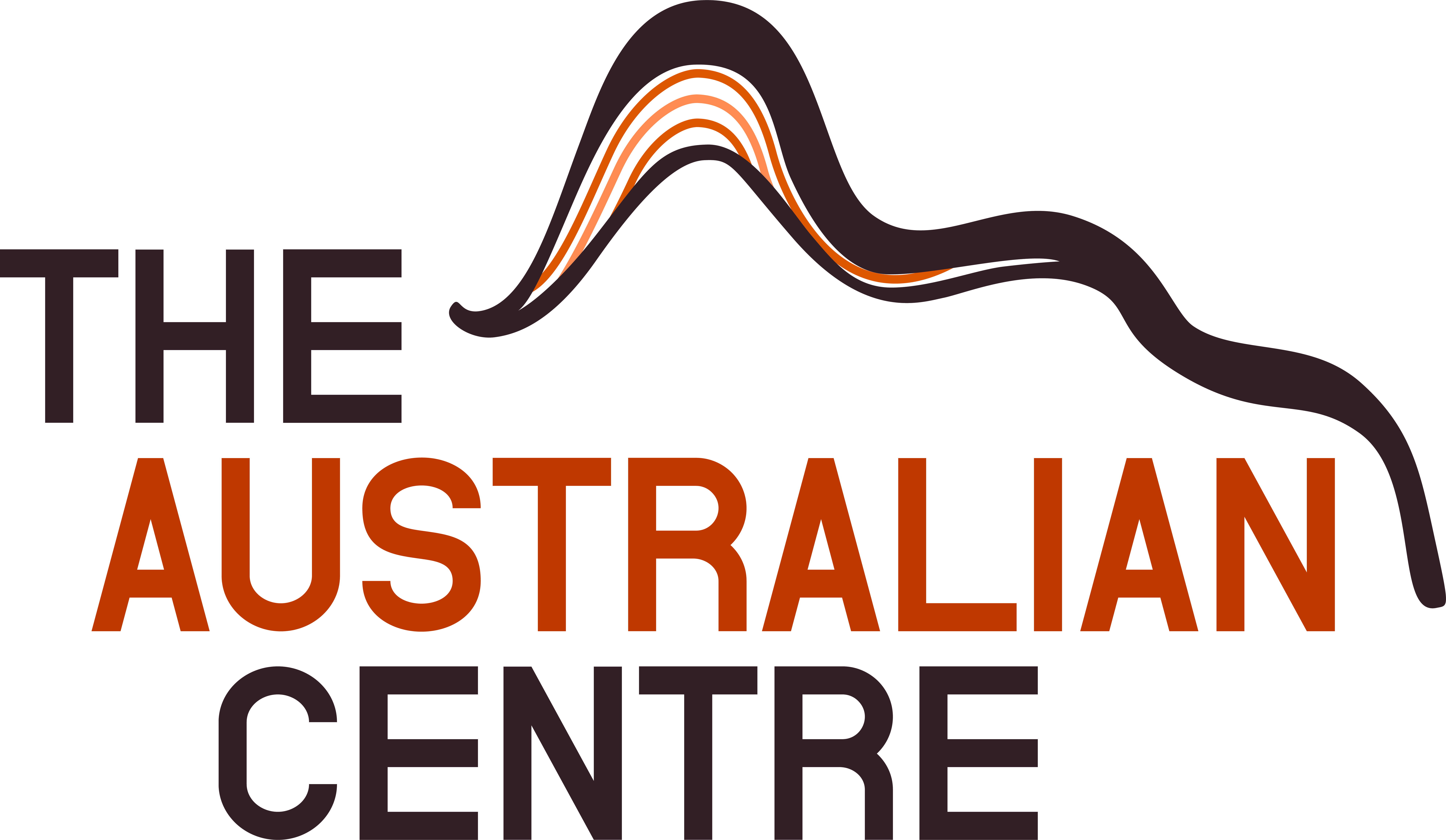Seed Funding 2024

The Australian Centre is inviting proposals for its 2024 Seed Funding Round with grants up to $10,000.
The Centre’s research program is shaped by a series of provocations that consider how Australia’s founding as a settler colony restricts our capacity to engage with the central challenges of our time. Our interdisciplinary work centres critical scholarship that is often marginalised in the disciplines. We aim to create an institutional home for the slow and careful approaches foundational to the often undervalued or invisible ethical work that is essential to any research in this field.
Our 2024 seed funding program is designed to support up to four early-stage research projects, from any discipline, that align with the Australian Centre’s core principles and consider what must be done to inform, shape, and give life to more just relations between Indigenous and non-Indigenous peoples on this continent we now call Australia and across the globe.
Application guidelines
The Australian Centre works from four core principles. Successful projects will demonstrate how they incorporate these principles:
- A place-based ethic: valuing and respecting the centrality of Country and First Peoples.
- Reflexivity: recognising settler positionality as a beneficiary of colonisation.
- Reciprocity: using our resources to support, remunerate and reciprocate the contributions of Indigenous collaborators wherever possible.
- Justice: thinking always about how our work contributes to more just relations between Indigenous and non-Indigenous peoples.
Research themes
Successful projects will engage with the Australian Centre’s core areas of research:
- Sovereignty and Solidarity (the Centre’s 2024 research theme): research that exceeds and refuses settler borders to explore the ways more humane international, regional, and local relations are bound to justice for First Nations.
And/or one of the Centre’s overarching streams of research:
- Nationhood: researching the fragility of settler nationalism, examining questions of belonging and identity, foregrounding transnational solidarities, and seeking to understand the multiple dimensions and harms of race politics. Exploring resurgent projects of Indigenous nation-building and their relationship (or lack thereof) to the settler state.
- Justice: exploring resistance to the violence of settler colonialism. Focussing on work that centres practices of abolition and transformation, seeking to undo and rebuild social and political institutions in ways that centre Indigenous sovereignties and prioritise community control.
- Country: exploring the centrality of Country to Indigenous Lifeworlds, focussing on the ways First Nations’ care for and obligations to Country are inexplicably bound to questions of sovereignty. Understanding environmental harm as a foundational violence of settler colonialism.
- Hi/stories: investigating the multitudinal narratives that circulate in this place through which people make meaning of themselves and their communities. Analysing the role of story and narrative in the production of so-called Australia and making space for marginalised stories.
- Knowledge practices: Understanding the ethics and politics of knowledge production through research that supports decolonial or anti-harm approaches and methodologies. Examining the challenges to transformative teaching about race, racism, and the ongoing harms of settler colonialism.
Please contact the Centre’s Research Coordinator, Eleanor Benson, if you have any questions about these themes: eleanor.benson@unimelb.edu.au
Research priority areas
Priority will be given to projects that:
- Have been developed in partnership with local stakeholders, particularly First Nations people and organisations, with strong co-design and translation elements.
- Are attentive to early career researcher development.
- Include a strong focus on engagement and impact, and a plan for research translation activities.
Eligibility criteria
All proposals must include:
- A lead researcher who is employed at the University of Melbourne in a continuing or fixed-term position that extends for the life of the proposed project, with a minimum time fraction of 0.4FTE.
- Evidence of interdisciplinary collaboration.
- The involvement of at least one Early Career Researcher (ECRs are those who have been awarded a PhD within the last 5 years).
- A plan to commence the project no later than May 2024 and complete it by the end of the calendar year and within the available budget; and
- Demonstrated feasibility in relation to current and reasonably anticipated constraints associated with the ongoing COID-19 pandemic.
Important Dates
Important milestone dates for the 2024 Seed Funding round.
- Thursday 30 November 2023
-
10.00am
Applications open
- Tuesday 23rd January 2024
-
11.00-11.30am
Drop-In Session
Join from PC, Mac, iOS or Android: https://unimelb.zoom.us/j/88124208548?pwd=QmI1QWZLbXlHK3RXQWxmRG94WlZWdz09
Password: 610559 - Monday 29 January 2024
-
2.00- 2.30pm
Drop-In Session
Join from PC, Mac, iOS or Android: https://unimelb.zoom.us/j/88474294495?pwd=TDVuZXdSN2h0VGFoY20rOXVGb25vZz09
Password: 606906 - Thursday 29 February 2024
-
3.00-3.30pm
Drop-In Session
Join from PC, Mac, iOS or Android: https://unimelb.zoom.us/j/83506675874?pwd=d3pUZWJDSzJ5cys0N0N4S1ZsVS92UT09
Password: 714816 - Monday 4 March 2024
-
11.59pm
Applications close
- Tuesday 19 March 2024
-
11.59pm
Applicants informed of outcome with funds allocated shortly after
Apply now
Please complete each section of the form below, mindful of the research themes for 2024 and eligibility criteria noted above.
Applications for 2024 are now closed.
Conditions of grant
- Acceptance of seed funding must be made in writing by the Project Lead.
- Team to produce a short report (no more than two pages) by 31st March 2025 outlining achievements and outputs through this funding.
- Participation in recorded interview in September/October 2024 discussing the project. A short 5 minute video will be produced from this interview and will be housed on The Australian Centre website as well as shown at the end of year event.
- Successful applicants will acknowledge the Centre’s support when communicating project outcomes.
- The Project Lead will be the contact person for all administrative matters relating to the project, and will ensure that project milestones are achieved and reporting requirements are met in a timely way.
- The Project lead will ensure the project is conducted in accordance with all relevant University policies, including compliance with the Code of Conduct for Research and Human Research Ethics Committee (HREC) and Financial Code of Conduct requirements.
- The project will comply with any conditions in the Offer of Grant relating to expenditure approvals.
- The Project Lead will notify the Australian Centre as soon as practicable if, for any reason, the project cannot proceed as planned (to enable recoup and redistribution of funds).
